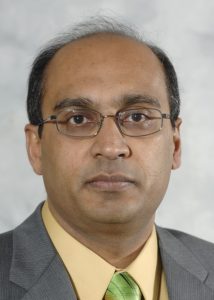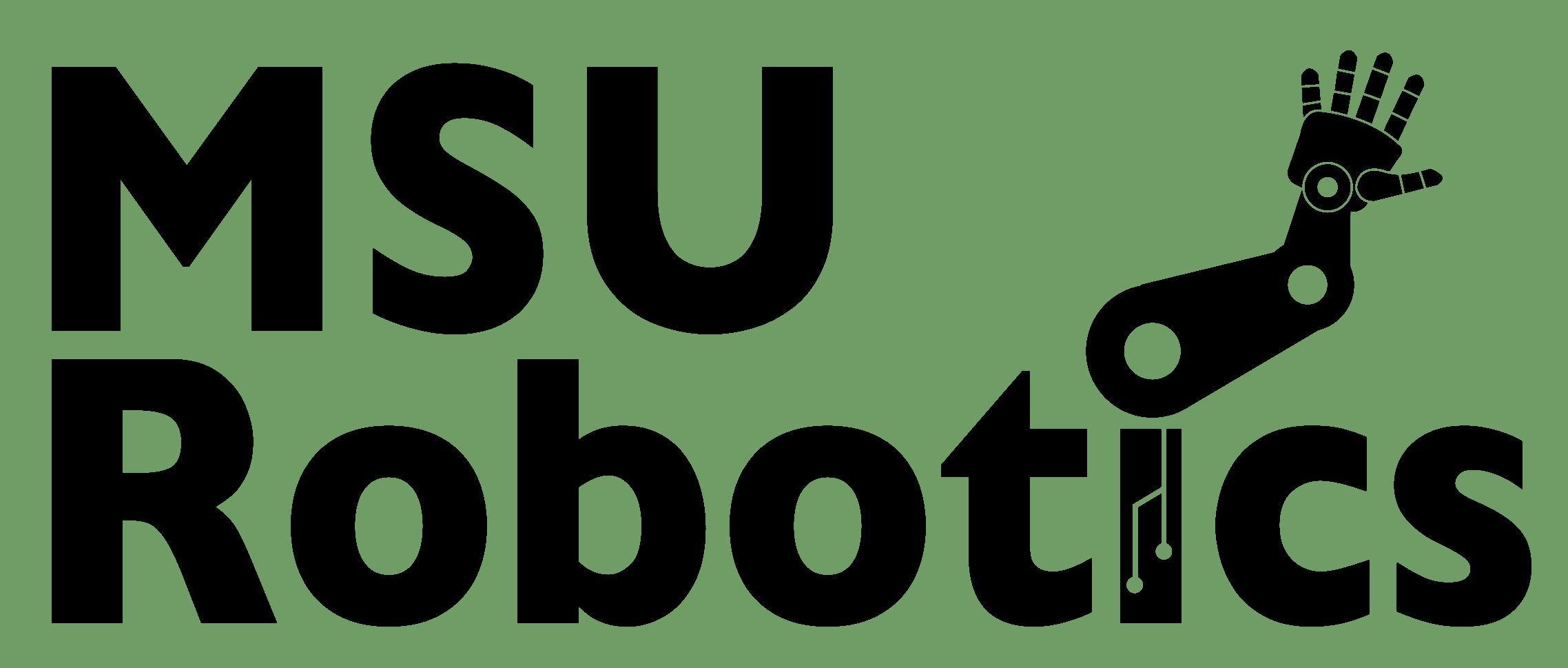Faculty

Bio: Jinxing Li is an assistant professor in the Department of Biomedical Engineering and the Institute for Quantitative Health Science and Engineering. He joined MSU as part of the university’s Global Impact Initiative from Stanford University, where he did his postdoctoral research on engineering soft materials to make miniaturized devices for biomolecular sensing, neuromodulation, and adaptive locomotion. He received his Ph.D. in NanoEngineering at UC San Diego, where he developed a nanorobotic toolbox and pioneered the therapeutic use of micro/nanorobotics. He was a visiting scholar at Bell Labs working on wearable telemedicine devices. He received his B.S. in Huazhong University of Science and Technology and M.S. in Fudan University, both in Electrical Engineering. He is a recipient of Siebel Scholar of Bioengineering, Materials Research Society Graduate Student Award, Dan David Prize Scholarship, American Chemical Society Division of Inorganic Chemistry Young Investigator Award, MIT Technology Review Innovators Under 35, and 30 Rising Leaders in The Life Sciences.
Google Scholar Page: https://scholar.google.com/citations?user=Cd7lEf4AAAAJ&hl=en
Webpage: https://www.labli.net/

Bio: Philip K. McKinley received the Ph.D. degree in computer science from the University of Illinois at Urbana-Champaign in 1989. Dr. McKinley is currently a Professor in the Department of Computer Science and Engineering at Michigan State University, where he has been on the faculty since 1990. He was a member of technical staff at Bell Laboratories in Naperville, Illinois from 1982-1990, on educational leave of absence 1985-1989. His current research interests include evolutionary robotics, high-assurance software, general-purpose GPUs, and collective/group communication protocols.
Google Scholar Page: https://scholar.google.com/citations?hl=en&user=70oIOKIAAAAJ
Webpage: http://www.cse.msu.edu/~mckinley/

Bio: Ranjan Mukherjee received his PhD from the University of California in 1991. He was a faculty at the Naval Postgraduate School from 1991 to 1996. Since 1996, he has been a faculty at Michigan State University. His research interests lie in the broad area of robotics and mechatronics.
Google Scholar Page:https://scholar.google.com/citations?user=m6fZXgQAAAAJ&hl=en

Bio: Shaunak D. Bopardikar is an Assistant Professor with the Electrical and Computer Engineering Department, and is affiliated with the Center for Connected Autonomous Networked Vehicles for Active Safety (CANVAS) at the Michigan State University. His research interests lie in autonomous motion planning and control, in cyber-physical security and in scalable computation and optimization. He received the Bachelor of Technology (B.Tech.) and Master of Technology (M.Tech.) degrees in Mechanical Engineering from the Indian Institute of Technology, Bombay, India, in 2004, and the Ph.D. degree in Mechanical Engineering from the University of California at Santa Barbara, USA, in 2010. From 2004 to 2005, he was an Engineer with General Electric India Technology Center, Bangalore, India. From 2011 to 2018, he was a Staff Research Scientist with the Controls group of United Technologies Research Center (UTRC) at East Hartford, CT, USA and at Berkeley, CA. Prior to joining UTRC, Dr. Bopardikar worked as a post-doctoral associate at UC Santa Barbara (2010-2011) during which he developed randomized algorithms for solving large matrix games. He is a senior member of the IEEE, has over 70 refereed journal and conference publications and is a co-inventor on 2 U.S. patents. His recognitions include an Air Force Research Laboratory Summer Faculty Fellowship, a National Science Foundation Career Award and an IEEE Technical Committee on Security and Privacy's Best Student Paper Award (as advisor).
Google Scholar Page: https://scholar.google.com/citations?user=-A_CtWMAAAAJ&hl=en

Bio: Dr. Tong (Tony) Gao is an Associate Professor at the Department of Mechanical Engineering and Department of Computational Mathematics, Science, and Engineering at Michigan State University, where he directs the Complex Fluids Group. He obtained his Ph.D. degree in Mechanical Engineering at the University of Pennsylvania in 2012. Then he worked as a research scientist in the Applied Mathematics Lab at the Courant Institute of Mathematical Sciences of New York University. Dr. Gao works in the interdisciplinary areas of soft condensed matter, fluid mechanics, and materials via mathematical modeling and high-performance computing. His expertise lies in constructing advanced computational mechanics models for fluid-solid systems with high complexities (e.g., many-body interactions) and nonlinearity (e.g., fluid/elastic structure interactions), and developing scalable simulation tools to promote data-driven, physics-informed studies. Dr. Gao received the NSF CAREER award in 2020. The current focused research topics include bioactive matter, soft robotics, and patient-specific medical models.
Webpage: https://www.egr.msu.edu/~gaotong/

Bio: Dr. Tan received his Bachelor's and Master's degrees in automatic control from Tsinghua University, Beijing, China, in 1995, 1998, respectively, and his Ph.D. in electrical and computer engineering from the University of Maryland in 2002. From September 2002 to July 2004, he was a Research Associate with the Institute for Systems Research (ISR) at the University of Maryland. In August 2004 he joined the Department of Electrical and Computer Engineering at Michigan State University, where he is currently an MSU Foundation Professor and the Richard M. Hong Endowed Chair. His research interests include underwater robotics, soft robotics, smart materials, and control systems. Dr. Tan's research has been supported by National Science Foundation, Office of Naval Research, National Institutes of Health, U.S. Geological Survey, the Great Lakes Fishery Commission, Toyota, Naval Research Lab, U.S. Department of Transportation, and MSU Foundation, among others.
Dr. Tan is a Fellow of IEEE and ASME. He received an NSF CAREER Award in 2006, MSU Teacher-Scholar Award in 2010, Withrow Distinguished Scholar Award (senior category) from MSU College of Engineering in 2018, and Distinguished Alumni Award from Department of Electrical and Computer Engineering at University of Maryland in 2018. He has received several Best Paper Awards. He has served as a Senior Editor for IEEE/ASME Transactions on Mechatronics (TMECH), an Associate Editor/Technical Editor for TMECH, Automatica, and International Journal of Advanced Robotic Systems, and a guest editor for six journal special issues or sections. Dr. Tan has served on the organizing or program committees for a number of international conferences, including serving as the Program Chair for the 15th International Conference on Advanced Robotics (ICAR'2011), General Chair for the 2018 ASME Dynamic Systems and Control Conference (DSCC'2018), Program Chair for the 2020 IEEE/ASME International Conference on Advanced Intelligent Mechatronics (AIM'2020), and General Chair for 2023 American Control Conference (ACC'2023). Dr. Tan is also keen to integrate his research with educational and outreach activities, including serving as Director of an NSF-funded Research Experiences for Teachers (RET) Site program at MSU from 2009 – 2016 and Curator of a robotic fish exhibit at MSU Museum from April 2016 to January 2017.
Google Scholar Page: https://scholar.google.com/citations?user=tsJSW2MAAAAJ&hl=en
Webpage: https://www.egr.msu.edu/~xbtan/
